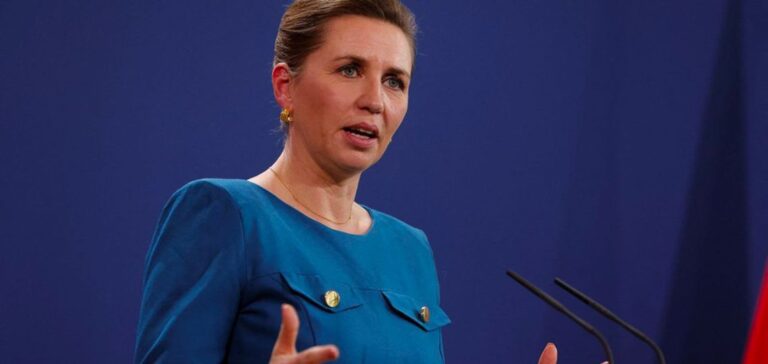Denmark will drastically reduce taxes on electricity for several months as part of a “winter aid” package introduced Friday in response to soaring energy prices.
In line with what the government announced last week, this plan also includes caps on electricity, gas and heating bills, with a system of deferred payments above a certain amount.
In addition to this flagship measure, a drastic reduction in the electricity tax paid by households was introduced on Friday. This will be reduced for the first half of 2023 to 0.008 Danish kroner per kilowatt hour, compared to the current 0.697.
The tax rebate is expected to cost the public purse about 3.5 billion kroner (470 million euros), according to the presentation of the plan published Friday.
Child benefit will receive a one-time boost of 660 kroner in January.
With elections due by June at the latest, the plan was approved by a large majority, including Prime Minister Mette Frederiksen’s Social Democrats and her three left-wing allies in parliament, but also by a large part of the right-wing opposition.
Denmark had already decided at the beginning of September on energy saving measures with reductions in heating in public places, and financial guarantees in case of cash flow difficulties for companies in the energy sector.
Deprived in part of Russian gas due to the war in Ukraine and with an electricity market already under stress before the conflict began, Europe is preparing for a tense winter from an energy point of view in many countries.
Wholesale prices on the electricity and gas market have increased more than fivefold over the past year in most European countries. Even before this crisis, Denmark was the EU country where electricity was the most expensive for consumers.






















